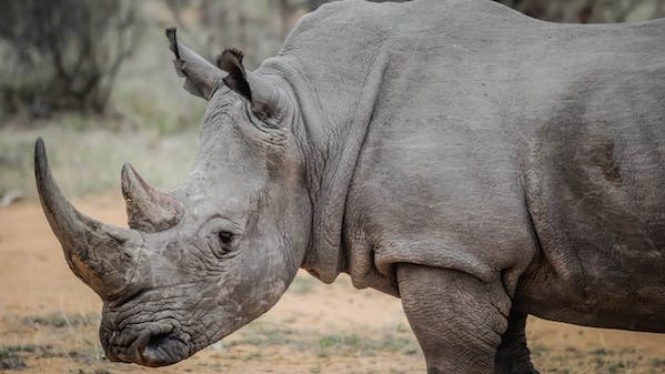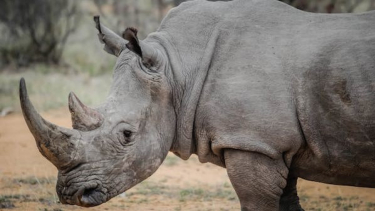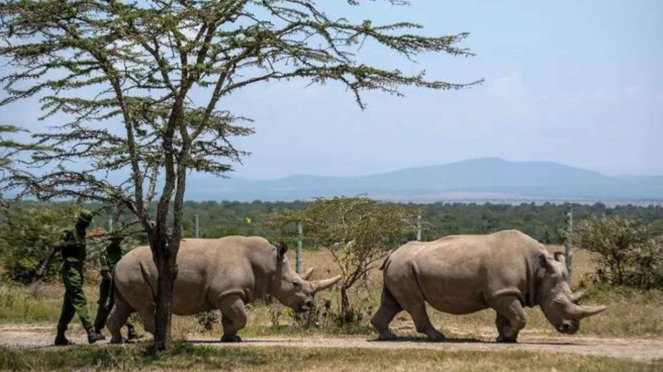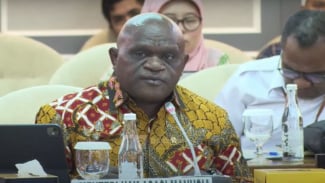First in History, IVF Breakthrough Could Revive Nearly Extinct Rhino
- VIVA.co.id/Arianti Widya
Kenya –In a first, scientists have achieved a rhinoceros pregnancy through in vitro fertilization (IVF) – an innovative technique that could be the key to saving the northern white rhino.
The critically endangered subspecies is on the brink of extinction, with a living population of just two individuals.
Researchers with the BioRescue project conducted the procedure with a southern white rhino, a closely related subspecies, by transferring a lab-made rhino embryo into a surrogate mother in Kenya.
Though the mother died seventy days into her term, after succumbing to an unrelated bacterial infection, her pregnancy has opened the door for the northern white rhino’s restoration.
Pertama kali dalam sejarah! Badak Putih Utara berhasil hamil dengan bayi tabung.
- AP News
Tissue harvested from the embryo revealed it was the result of the IVF procedure, providing the crucial “proof of concept” that the technique could be applied to restore other rhinos, says BioRescue project coordinator Jan Stejskal to National Geographic’s Dina Fine Maron.
“To achieve the first successful embryo transfer in a rhino is a huge step,” Susanne Holtze, a scientist at Leibniz Institute for Zoo and Wildlife Research in Germany said, as reported from BBC site.
“Now I think with this achievement, we are very confident that we will be able to create northern white rhinos in the same manner and that we will be able to save the species,"
The northern white rhino population has been decimated amid aggressive poaching, driven by rampant demand for the animals’ horns. The only individuals left - two elderly females - live under strict surveillance in Kenya.
“This animal played a crucial role in a complex ecosystem before it got extinct for a while,” said Thomas Hildebrandt, head of the project, to the Washington Post’s Rael Ombuor and Ami Vitale.
“It lived in the landscape and architecture of central Africa, bringing back the northern white rhino to this ecosystem will help to heal the ecosystem,"
But returning the species to the wild is no easy task. The last male northern white rhino died in 2018, and neither of the remaining females are capable of carrying pregnancies. Still, preserving the rhinos has rallied international support.
Through IVF, BioRescue hopes to take a lab-grown northern white rhino embryo and implant it into a southern white rhino, which will carry the fetus and help repopulate the critically endangered species.
The organization’s recent IVF success was the first phase of this process and an effort that spanned years and borders.
The team retrieved sperm from a southern white rhino in Austria, collected egg cells from a southern white rhino in Belgium, fertilized the samples in vitro in Italy and finally transferred the two embryos to the surrogate mother in Kenya.
It took 13 attempts to achieve a sustained pregnancy through IVF.
“It’s very challenging in such a big animal, in terms of placing an embryo inside the reproductive tract, which is almost two meters inside the animal,” Holtze stated.
The challenges don’t stop there. As BioRescue turns its attention to transferring a northern white rhino embryo into a surrogate mother, they will have limited attempts to reach success.
Only 30 of these embryos exist, harvested from the eggs of one of the remaining females and the preserved sperm of the now-deceased male.
Now, the team is racing against time, as scientists hope that any new northern white rhino calves can live among the remainder of their kind, meaning “they need to be born before the two remaining females die,”the National Geographic wrote.




























